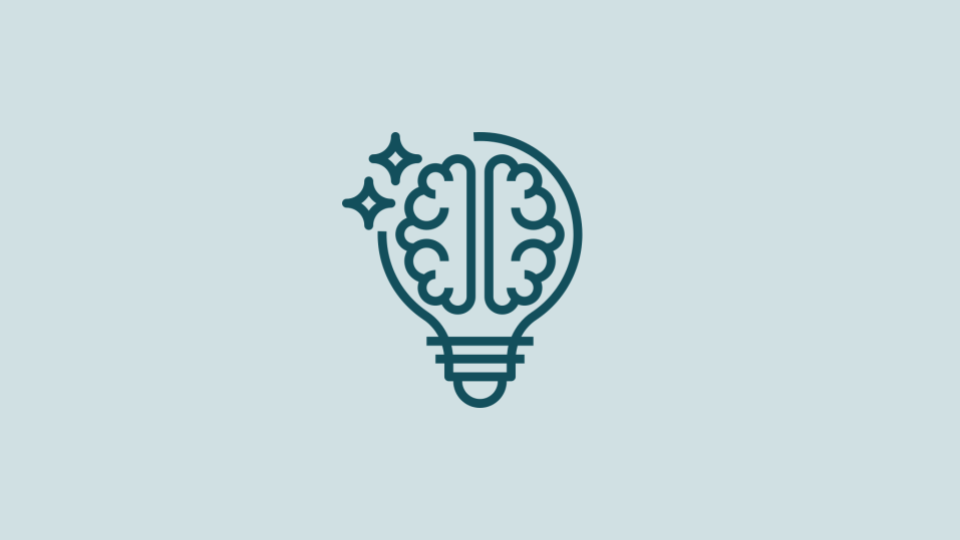Cultivating Creative Self-Efficacy for Increased Creativity
Core Concepts
Belief in one's creative potential significantly influences creative performance and success, as supported by psychological research.
Abstract
Believing in your creative potential and cultivating creative self-efficacy can significantly impact your creativity and overall success. Psychologists emphasize the importance of confidence in managing challenges and obstacles to achieve creative goals. Building a strong professional network, seeking creative support, and fostering creative autonomy are practical ways to enhance creative self-efficacy and boost creativity.
How to increase your creativity by cultivating creative self-efficacy
Stats
"The greater the belief in your own creativity, the more successful you will be in pursuing your creative goals."
"Creative self-efficacy is a psychological attribute that greatly influences creative performance."
"Creative success is most greatly influenced by belief in one’s own ability, rather than by actual creative competence."
Quotes
"People with high self-efficacy tend to set goals, become deeply engrossed in the task, and continue their efforts despite difficulties or setbacks."
"Learning how to believe in your own creative ability is as important, if not more so, than developing your creative skills."
"Cultivating creative self-efficacy can help you feel more motivated, productive, and can be an opportunity to build a strong professional network."
Key Insights Distilled From
by Dr. Hannah R... at nesslabs.com 04-04-2022
https://nesslabs.com/creative-self-efficacy
Deeper Inquiries
How does cultivating creative self-efficacy impact overall job satisfaction?
Cultivating creative self-efficacy can have a significant positive impact on overall job satisfaction. When individuals believe in their ability to produce creative outcomes, they are more likely to approach tasks with confidence and determination. This sense of efficacy can lead to increased motivation, engagement, and a willingness to take on challenging projects. As a result, individuals may experience greater fulfillment in their work, feel more accomplished, and derive a sense of purpose from their creative contributions. Additionally, the belief in one's own creativity can enhance problem-solving skills and innovation within the workplace, further contributing to job satisfaction.
What are some potential drawbacks of solely relying on belief in one's own ability for creativity?
While believing in one's own ability is essential for fostering creativity, there are potential drawbacks to solely relying on this belief. One major drawback is the risk of developing an overinflated ego or becoming complacent due to an excessive focus on personal abilities. This could hinder collaboration with others and limit exposure to diverse perspectives that could enrich the creative process. Additionally, if individuals face setbacks or failures despite their strong belief in themselves, it may lead to feelings of inadequacy or discouragement that could negatively impact future creative endeavors. Therefore, while self-belief is important for creativity, it should be complemented by openness to feedback, continuous learning, and collaboration with others.
How can fostering a growth mindset contribute to enhancing creative self-efficacy?
Fostering a growth mindset plays a crucial role in enhancing creative self-efficacy as it encourages individuals to view challenges as opportunities for growth rather than obstacles. A growth mindset involves embracing failure as part of the learning process and understanding that skills can be developed through effort and perseverance. By adopting this mindset towards creativity, individuals become more resilient when faced with setbacks or criticism during the creative process. They are more willing to experiment with new ideas without fear of failure and continuously seek ways to improve their skills through practice and feedback. Ultimately, fostering a growth mindset nurtures an environment where individuals feel empowered to explore their full creative potential while maintaining confidence in their ability to overcome obstacles along the way.
0
